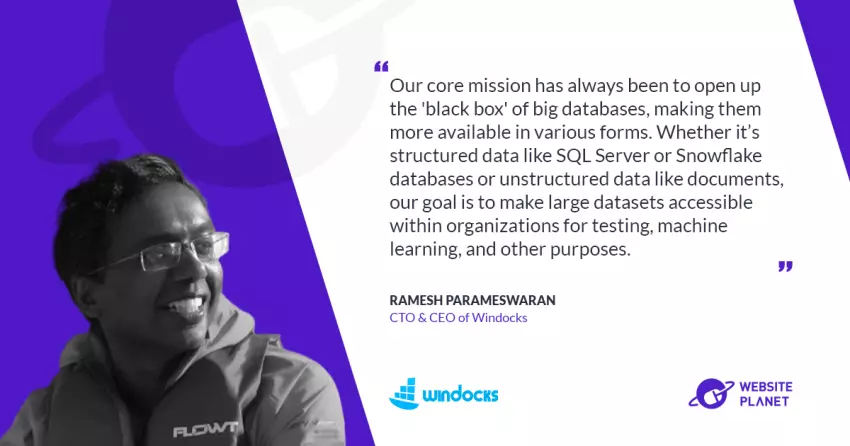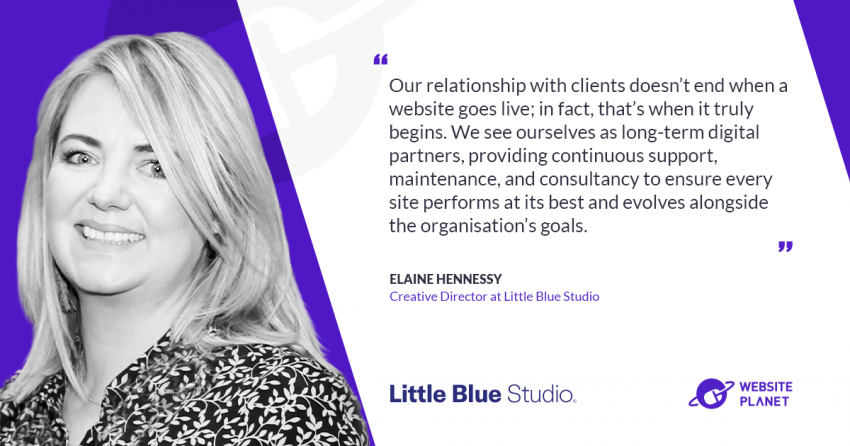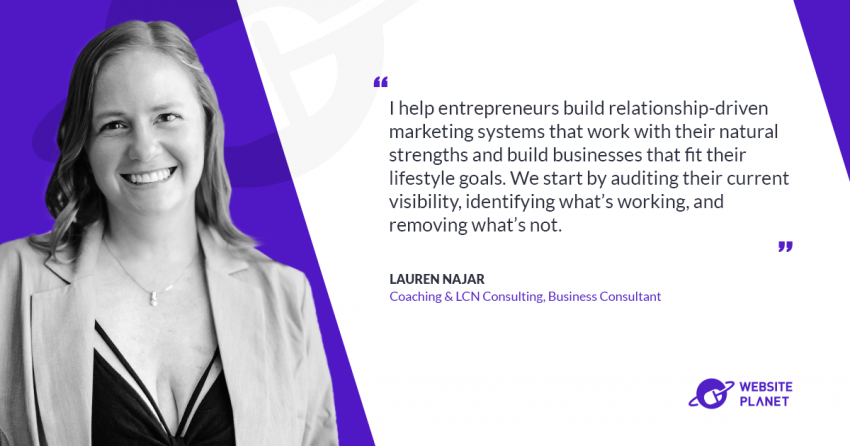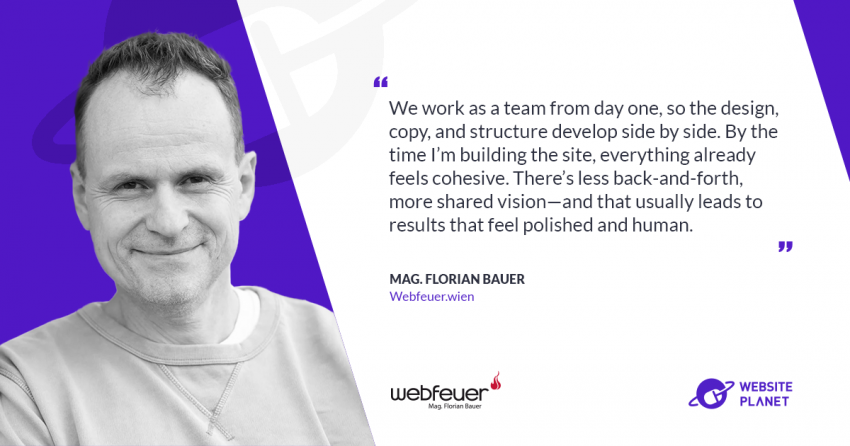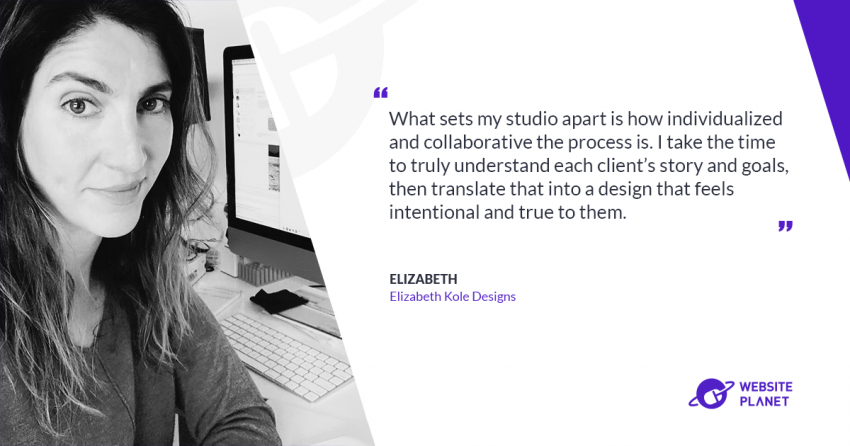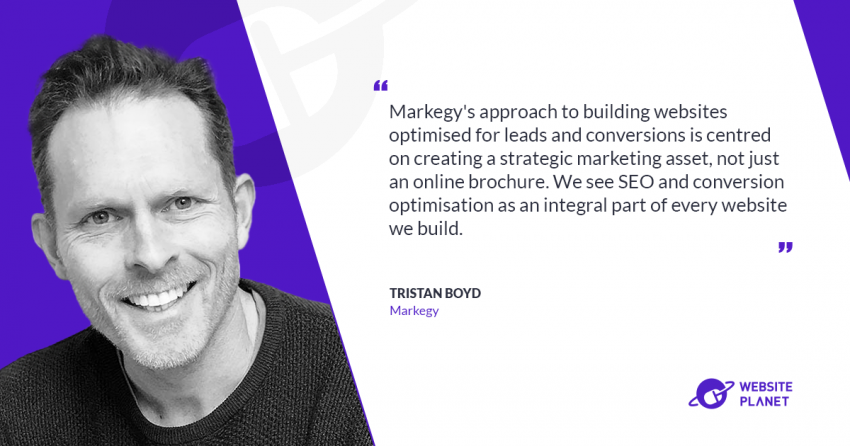Windocks was founded in response to the growing need for modernizing development workflows, particularly within the Microsoft ecosystem.
In an interview with Website Planet, Ramesh Parameswaran explained how they saw a significant gap in the market for database DevOps on Windows, especially for SQL Server, which led to the creation of Windocks. Their core mission is to make large datasets more accessible for development, testing, and machine learning applications.
By providing seamless integration with Docker and Kubernetes, Windocks enhances enterprise development processes by offering rapid database cloning and robust data security features.
What inspired the founding of Windocks and what is its core mission?
My partner and I first met back in 2015, and we were discussing the challenges developers faced in modernizing their workflows for testing and development. At that time, DevOps and SRE were still in their early stages—adopted by a few companies but not widespread. Both of us had worked at Microsoft during the 1990s, and we realized that the Microsoft platform was significantly behind in adopting DevOps practices and modernizing developer and testing workflows.
We also noticed that there was no Docker implementation on Windows at that time. As a startup, we decided to focus on one specific area: databases, which were also in the early stages of DevOps adoption. So, we thought, why not build a Docker implementation for Windows, particularly focused on SQL Server and other Windows-based databases? We saw a gap in the market—nobody was addressing DevOps for databases, especially on Windows—so we set out to fill that gap.
Our core mission has always been to open up the “black box” of big databases, making them more available in various forms. This could mean providing better access to developers, and data scientists for machine learning model training, and other applications. Whether it’s structured data like SQL Server or unstructured data like documents or Snowflake databases, our goal is to make large datasets accessible within organizations for testing, machine learning, and other purposes.
How does Windocks enhance the development and deployment process for enterprises?
To build on my previous answer, our goal at Windocks is to make databases more readily available for development and deployment processes. What makes our approach unique is that we integrate directly into existing workflows. Even today, we’re the only ones focused on fitting database availability into the standard development and deployment pipelines, using familiar tools like Docker and Kubernetes.
Most other solutions in this space introduce proprietary APIs or command lines, but we stand apart by leveraging the standard Docker API and Kubernetes API. This way, developers and deployment teams can work with databases in a seamless manner using tools they’re already familiar with.
For instance, let’s say you have a large production database, and you need an exact clone—no matter how big it is—within seconds for your Continuous Integration/Continuous Delivery (CI/CD) pipeline. We can do that. You could request a full database clone in as little as five seconds, and integrate that into your CI/CD pipeline running on Docker.
Alternatively, if you only need a subset of the database—for example, specific customer or tenant IDs—we can extract that subset and deliver it within minutes. This can also be placed into a Docker container or a Kubernetes pod, and you can access it through either the Docker or Kubernetes API.
Another major aspect we handle is data security. Suppose your database contains sensitive information, like Social Security numbers. We can replace sensitive data with synthetic data, so the database retains its structure and functionality but no longer includes any confidential information. This process can be done through a web application, Docker command line, or even delivered to a Kubernetes pod.
Can you tell us more about Windocks’ key features and what sets it apart from other containerization solutions?
The biggest differentiator for Windocks is that we’re the only company with a single product capable of handling both structured and unstructured data from any source. Whether the data comes from databases like Snowflake or from documents like PDFs, Word, or PowerPoint files, we can process it all. More importantly, we can remove any sensitive or confidential information from the data, making it safe and accessible for developers or machine learning applications—particularly useful for training large language models, which are crucial in today’s generative AI landscape.
What truly sets us apart is the combination of these capabilities in one unified product. Once users recognize that we are the only company offering a single solution for all types of data, the next question becomes, “How do we integrate this?” We’re also unique in that we allow users to leverage existing containerization tools, like the Docker API or Kubernetes API, to deliver this data. So, not only do we handle a wide range of data types, but we also fit seamlessly into your existing development and deployment ecosystem.
Can you share a success story where Windocks significantly improved a client’s software delivery process?
Sure. Let me share an example from a well-known company, Novartis, the global pharmaceutical giant. Novartis does extensive drug research, including in oncology, or cancer research. They created a consortium of companies to build a massive database called Genie, which contains clinical research and real-world clinical data related to cancer. The goal was to make this data accessible to practitioners, including smaller oncologists who aren’t part of Novartis, so they could provide better treatment options for their patients.
One of Novartis’ challenges was how to make this sensitive healthcare data available both internally and externally while ensuring privacy and data security. Given the stringent regulations around sensitive health data, this was no small feat. That’s when they turned to Windocks. Their teams, spread across Spain, India, and the UK, used Windocks to deliver this Genie data—both within Novartis and to the wider Genie network—helping improve patient outcomes for those being treated for cancer.
For us, this is one of the most impactful use cases. We’re a small company, but being able to help Novartis deliver data and applications more efficiently, ultimately aiding doctors in treating cancer patients and improving survival rates, is something we’re incredibly proud of. Normally, our clients are in sectors like finance and health insurance, where we focus on reducing costs and improving efficiency, which is great. But in this case, we played a small part in saving lives, and that means a lot to us.
How does Windocks ensure security and efficiency in its containerized environments?
That’s a common question from almost every potential customer we speak to. We address security in three main ways.
First, we handle the basics—what I call the “blocking and tackling.” This involves authentication, logins, and compliance with regulations like HIPAA, ensuring we meet industry standards for security.
Second, we rely on proven, existing security solutions. For example, we integrate with well-established authentication methods like Azure and Windows authentication. We’re the only company that provides SQL Server containers with Windows authentication, which means when a customer uses our SQL Server containers, they benefit from the same security as any other SQL Server deployment. This integration with existing, trusted security models ensures a high level of security.
The third aspect is securing the data itself. Even if someone were to breach the system and access the data, we offer a synthetic data option. This guarantees that what’s accessed is not real, sensitive data. We generate synthetic data that mimics the structure but contains no actual sensitive information. Even if it were to be leaked, it wouldn’t compromise the original data. We put significant effort into making this synthetic data random and untraceable, using probability-based distributions and AI technology to ensure that it can’t be reverse-engineered.
So, in summary, we focus on three key areas: basic security measures, integration with existing secure infrastructures, and sophisticated techniques for generating synthetic data to protect sensitive information.
What new features or advancements are Windocks planning to introduce in the near future?
In the near future, we’re focusing on enhancing data security and privacy, specifically for AI teams working with large language models (LLMs). Almost every company exploring AI strategies is thinking about how to use LLMs to automate interactions with potential clients through AI-driven tools. Companies like Databricks and major cloud providers such as Google are leading in this space, helping organizations deploy LLMs to enable sophisticated communication between AI and customers.
To make these AI interactions successful, the AI needs to understand the company’s domain knowledge, which typically resides in internal websites, PDF documents, Word files, or PowerPoint presentations. Training the AI with these large language models requires access to all of this content. However, these documents often contain sensitive data, such as credit card information, personal details, addresses, and salaries.
Our role in this process is to ensure that such sensitive information is removed and replaced with synthetic data, which won’t compromise the model. This way, companies can create powerful AI models without violating data privacy. We enable this by handling both document-based data and large relational databases—whether from Snowflake, SQL Server, or Amazon Aurora.
Right now, Windocks is the only vendor offering a single product capable of processing all of these data types for LLMs, while ensuring data security and privacy.
Find out more at: www.windocks.com
